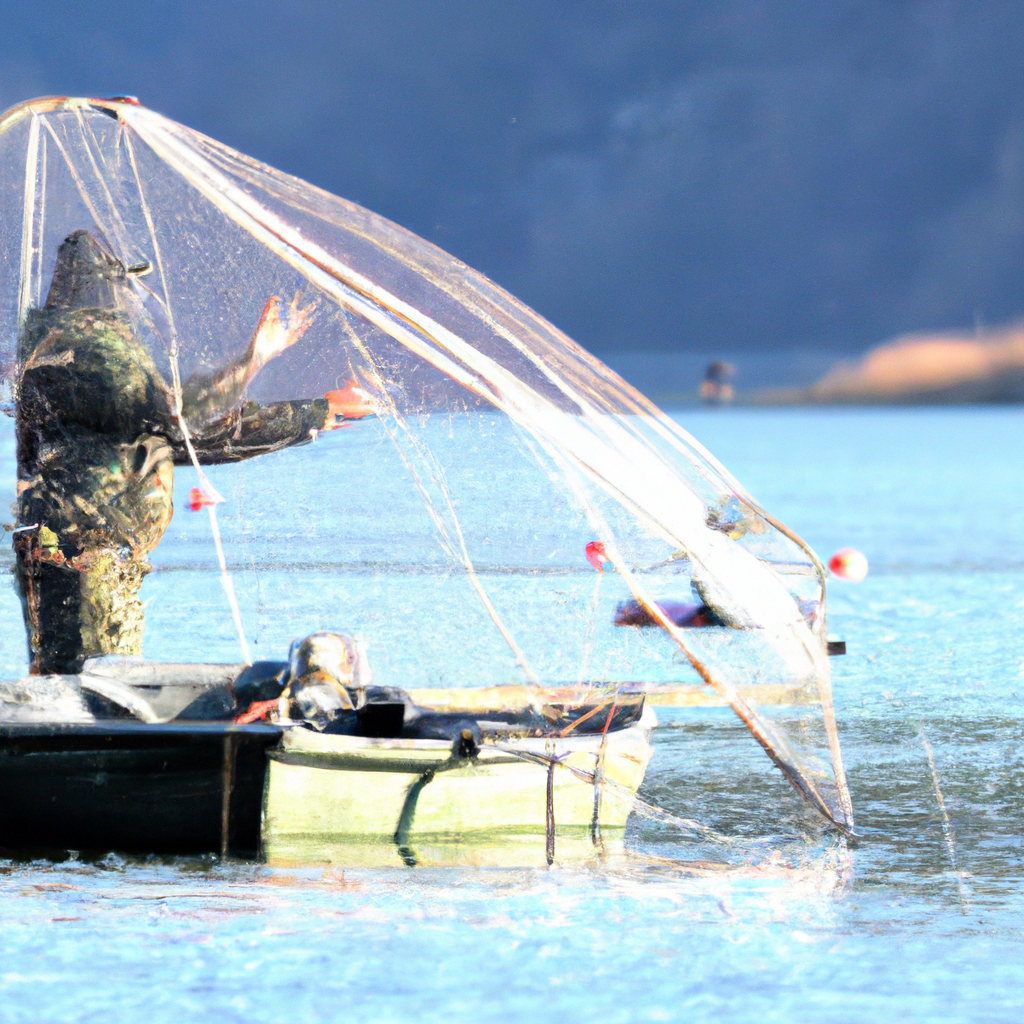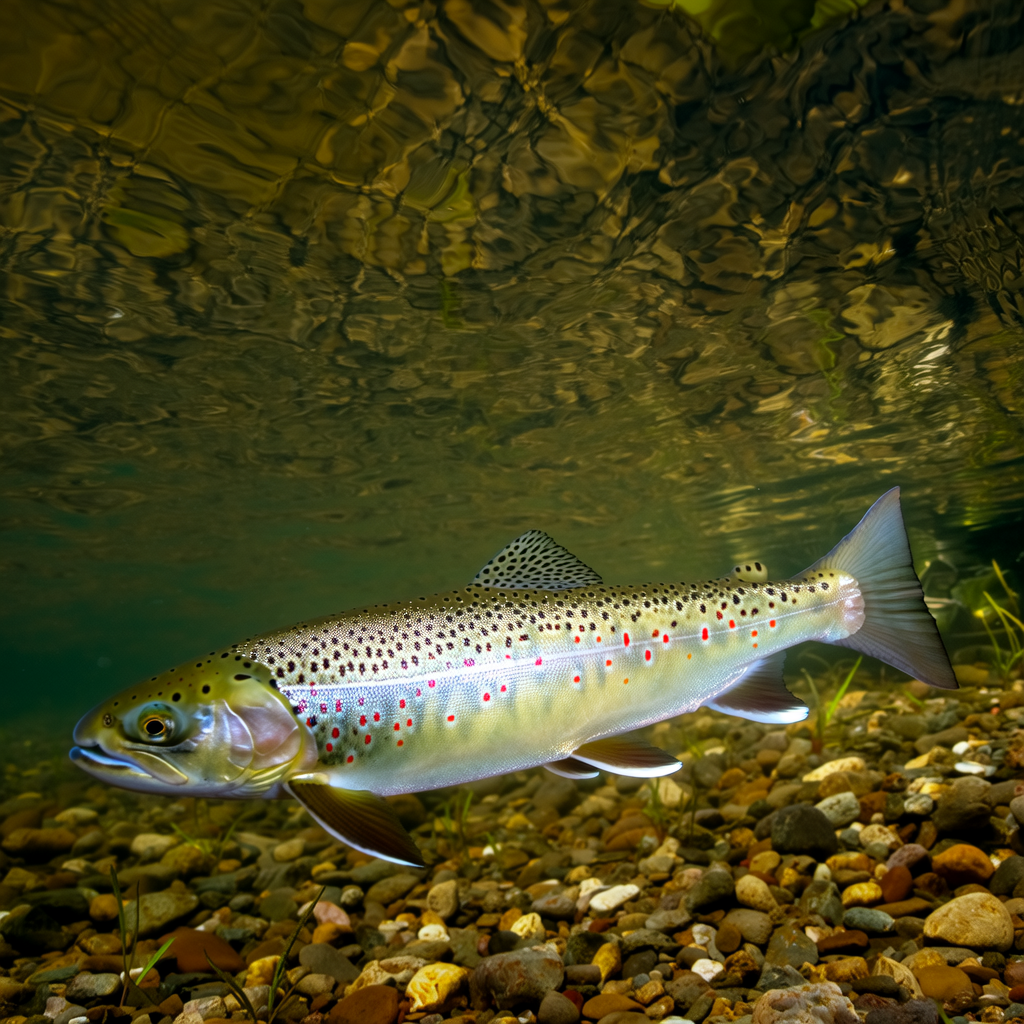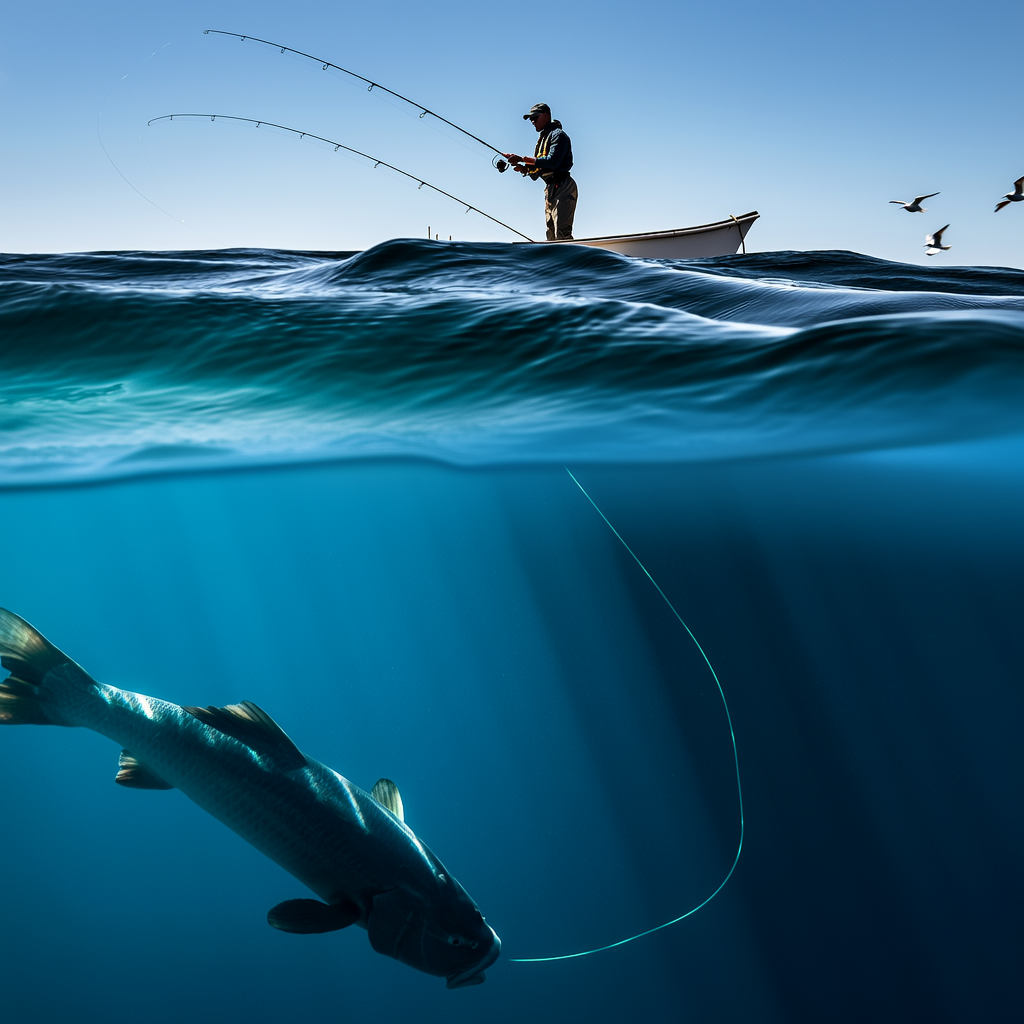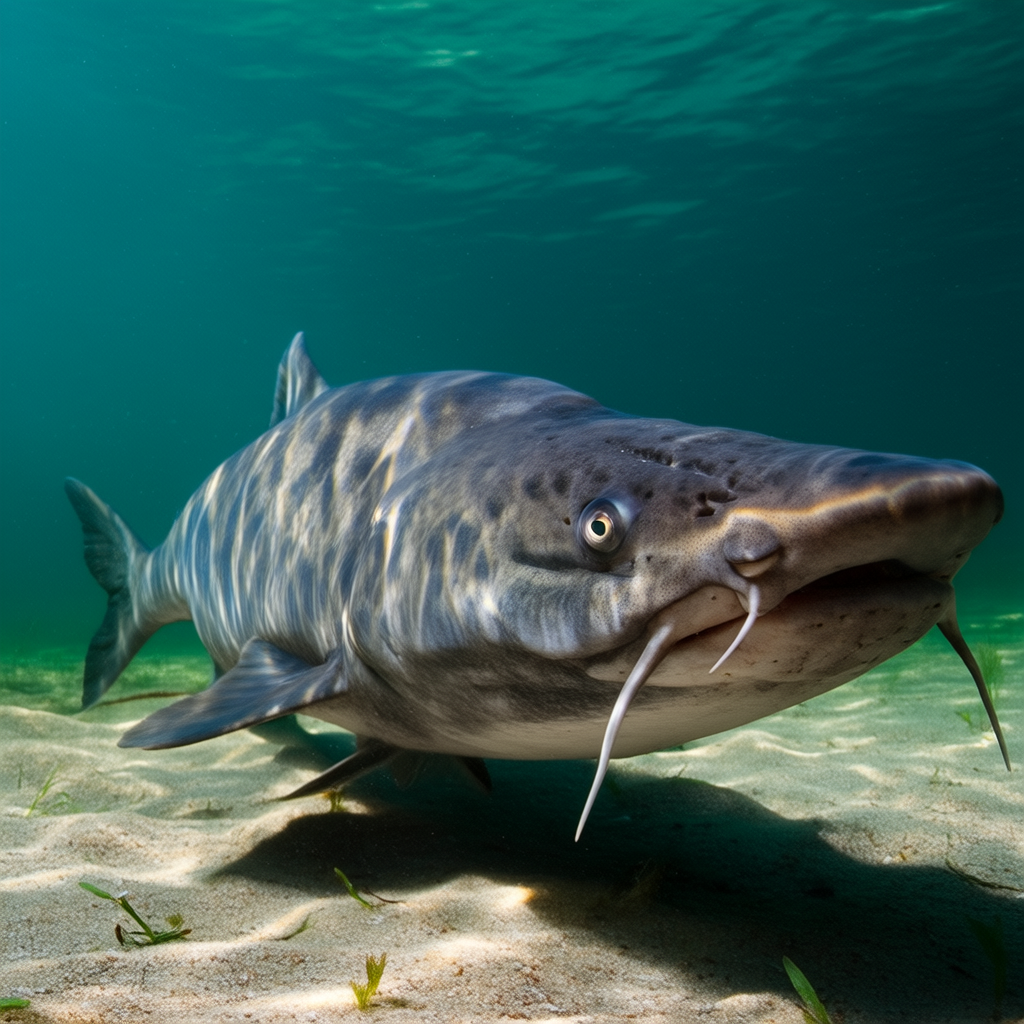Introduction
Georgia has a wide variety of fishing opportunities in its rivers, lakes and coastal areas. It is important that anglers are familiar with the fishing regulations to protect fish populations and ensure sustainable practices. This article gives an overview of Georgia’s fishing regulations, including bag limits, sizes limits, and regulations specific to different species and places.
License Requirements
It is important to have the right fishing license before you begin recreational fishing in Georgia. Georgia Department of Natural Resources issues fishing licenses. They can be purchased online or from various license agents in the state. There are different types of licenses available, such as resident and non-resident permits, as well as daily or annual permits. It is important to have your fishing license with you when fishing and to be ready to show it if asked.
Bag Size Limits
Georgia fishing regulations stipulate bag limits. These are the maximum number of fish an angler may legally catch and retain in a day. There are also size limits for certain fish species to ensure that only mature fish can be harvested, while allowing the juveniles to grow up and reproduce. To avoid breaking the law, it is important to be aware of these size and weight limits.
Freshwater Fishing Regulations
There are regulations that must be followed in freshwater bodies like rivers, lakes and ponds. For example, the Georgia DNR has set a bag limit for largemouth bass of five fish per day, with a size limit of at least 14 inches. The Georgia DNR has also set bag and size restrictions for other popular freshwater species such as catfish, crappie, and trout. For the most current information, it is best to consult the official regulations guide.
Saltwater Fishing Regulations
Georgia’s coastal areas offer a variety of saltwater fishing opportunities that are governed by different rules. Bag and size limits are also in place for common saltwater targets like redfish, flounder and sheepshead. Some species are only allowed to be caught in certain seasons, such as during spawning. This is done to protect the population during these critical times. Anglers are encouraged to familiarize themselves with the regulations in order to ensure that they practice responsible fishing.
Special Fishing Regulations
Georgia recognizes that certain areas may require special regulations because of unique circumstances or conservation efforts. These special regulations can include restricted fishing zones or catch-and release only areas. They may also require specific gear. Some trout streams, for example, have special regulations in order to maintain healthy populations as well as provide a quality experience when fishing. Anglers need to be aware of special regulations in these areas before fishing.
Public Fishing Areas
Georgia has a number of public fishing areas that are managed by the Wildlife Resources Division. These areas offer access to fishing in lakes, rivers, ponds and even urban areas. Some public fishing areas may have rules or restrictions specific to them. It is important that you familiarize yourself with any regulations for the public fishing area in which you plan to fish.
National Parks and Wildlife Refuges
Several fishing areas in Georgia are located within national parks or wildlife reserves, which may have their very own set of fishing rules. These regulations are designed to protect the unique wildlife and ecosystems within these areas. Anglers who plan to fish in national or wildlife refuges are advised to consult the park authorities or their websites to learn about the specific regulations that govern fishing activities.
Law Enforcement
Georgia’s Department of Natural Resources enforcement agents are responsible for ensuring anglers comply with fishing regulations. These officers are authorized to inspect fishing permits, measure and count the fish, and enforce size and bag limits. Violations of fishing regulations may result in fines, suspensions of licenses, or criminal charges. Anglers must respect the rules and cooperate with law-enforcement personnel.
Conclusion
Georgia has fishing regulations to ensure the health and sustainability for its fish populations and aquatic eco-systems. Anglers are responsible for familiarizing themselves with these regulations, and following them diligently. We can ensure that future generation can also enjoy the thrills of fishing in Georgia’s abundant waters. Always stay informed and fish responsibly.




